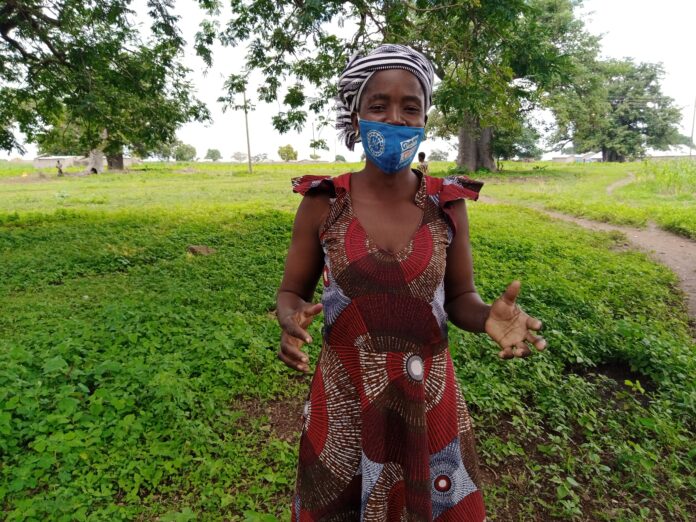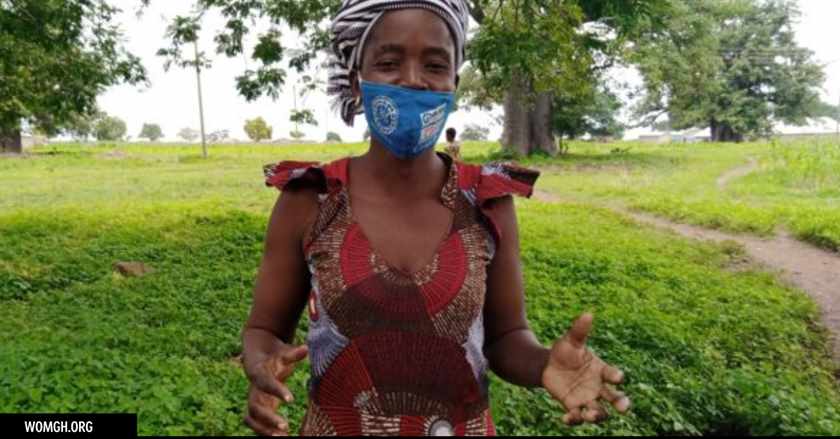Gender-based violence is a common practice in the Upper East region as most of these incidences remain unreported due to societal branding on women who choose to report such occurrences as “bad women”.
Most communities in the Nabdam and the Bolgatanga East Districts profess some traditions which do not uphold the right of widows, including rites of forcing widows to remarry; denying widows their right to inherit properties.
According to a based line survey conducted by Widows and Orphans Movement (WOM) in July 2021, about Seventy-six percent (76.1%) of women believe that widows should not be forced to participate in widowhood rites as compared to an average of fifty-five percent (54.9%) of males.
The data shows that females, who are most likely to experience dehumanizing widowhood rites, do not want to go through the practice. It is against this background that the Widows and Orphans Movement (WOM) with support from Plan International Ghana and funding from Global Affairs Canada is creating awareness of societal norms on gender–based violence.
The success story of the project has been remarkable, as a 34-year-old widow escapes forced marriage. A member of the Zua Women Voice and Leadership group, Naouh Kwabon is a widow and a mother of four who lost her husband a year ago. She was expected by the elders of her community to choose a man from her late husband’s family to live with as a new husband, which is required of every widow in that traditional area. Madam Kwabon participated in a sensitization meeting organized by the Widows and Orphans Movement (WOM) with support from Plan International Ghana and Funding from Global Affairs Canada.

The sensitization focused on the intestate succession law, the marriage act, and the rights of women. Ms. Kwabon admitted that the workshop empowered her with the knowledge of her rights as a widow to decide who she wants to re-marry. She noted that when she was subsequently invited by the elders to give them feedback on who she wanted to choose to be remarried to, she was able to tell them of her decision to not remarry any member of her deceased spouse.
The elders, after holding a side meeting, came back to inform her of their willingness to respect her decision. However, she was to bear in mind that, she will cease to receive all forms of emotional, social and economic support from them to which she agreed to their condition. Kwabon says that based on this information she was able to resist the pressure from the elders to remarry a surviving male relative of her deceased spouse.
“I am now very happy that I do not have to forcefully marry anybody I do not want,”
Ms. Kwabon
Read More Success Stories
- The Widow Who Dared to Ask for Her Daughter’s Dowry
- The Power to Sell or Not to Sell: 52 Years Old Widow Tells Her Story
- My Jump to Esteem: Story of a 47-Year-Old Widow
- Livelihood Training Impact Through the Words of Segebon
- Richmond Discovers Cooking as a Life Skill
This was made possible through the support of Global Affairs Canada



